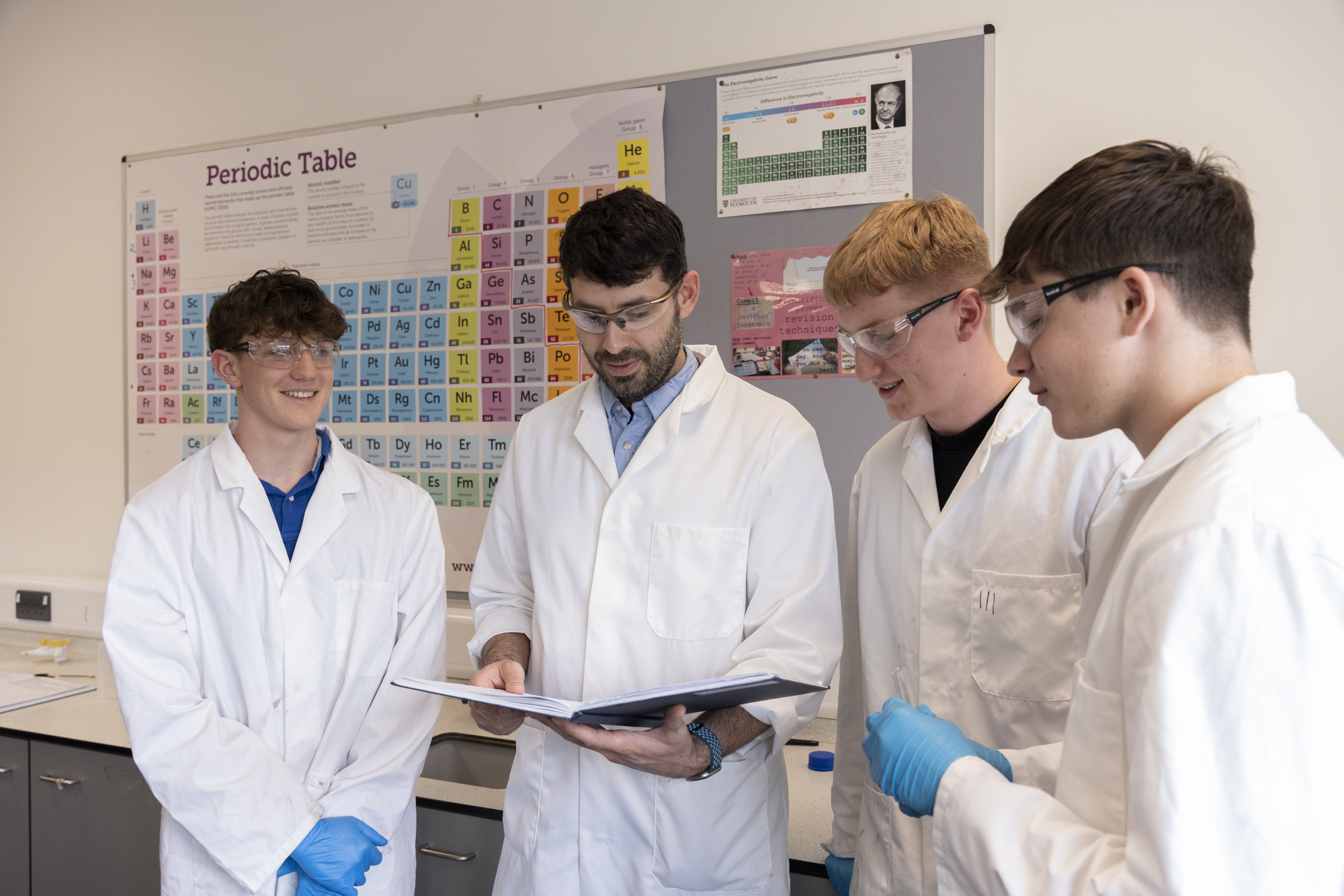Physics
Physics A Level is a course for people that are curious about the world around them; from the largest to the smallest scales. The course builds on GCSE Science, taking topics such as forces and electricity further to deepen understanding and introduce exciting new ground like quarks and relativity.

| Course Information |
|---|
| Subject specific entry requirement: | Standard entry criteria plus 2x Grade 6 in GCSE Science, including Physics and Grade 6 in GCSE Maths |
| Qualification: | A Level |
| Topics and areas covered: |
Year 12
Year 13
|
| Future career path: | Physicists can think clearly and imaginatively to solve problems and use Maths to model situations to deal with big numbers - so they are in great demand (and well paid). For many professions and degree courses A Level Physics is essential. Architect, Broadcasting, Cameraman, Design, Engineering, Finance, Geology, Health Services, Investigation and Forensics, Journalism, Kinetics, Lighting and SFX, Management Consultants, Nuclear Science, Oceanography, Pilot, Radiographer, Space Science, Transport, Underwater Engineering, Volcanology, Water Management, Yacht Design, zinc and precious metal prospecting. |
| Examination information: |
Paper 1:
Paper 2:
Paper 3:
Practical Assessment:
Mathematical Requirements:
|
| Additional information: | We offer lunchtime support sessions, extra lectures and activities with other schools and study trips. |

